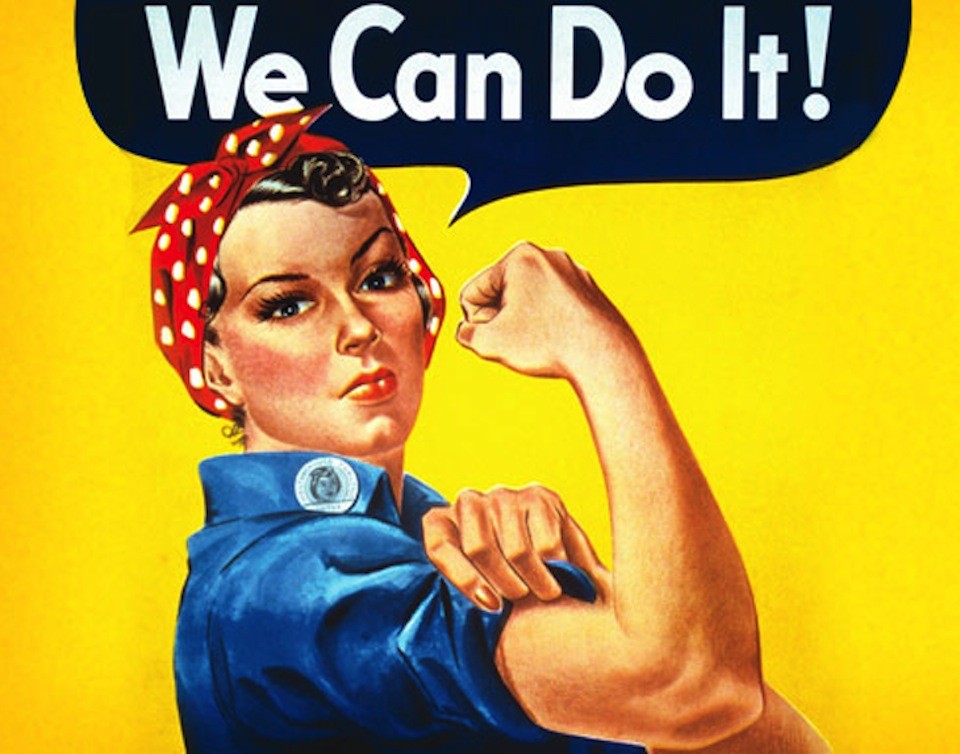"It is a truth u niversally acknowledged that a society in possession of quantification capabilities must be in want of clocks." - paraphrased from The Yarnall Monologues
The year 1340ish rolled around Europe like a trained dog who had just learned how to measure time by using a clock.
Renaissance merchants must have found this ironic, as it happened to be that very same hyperactive year that they themselves learned how to quantify (the human word for measure) time by using the mechanical clock.
Sadly, Renaissance farmers missed the irony because they were busy being too cool for school with their illiteracy, poverty, and general disrespect of women to care about what was probably the single most important social development in the history of capitalism until the eventual rise of shameless product placement in movies.
#I'm-not-socialist-its-all-this-Russian-literature-blame-Quick
Consistent perceptions of time made division of labor easier for companies so that worker productivity increased and trade became predictable enough for corporate strategies to be mapped out to a significantly greater degree of efficiency. The worker in turn had to keep up with this faster pace of communication and predetermined allotment of their time which would only get stricter as time marched forward. The consumer rat race had begun.
Just going to leave this here.
Seriously though, clocks were a pretty big deal.
Though there was at least one other invention of note to come from this time period.
Still somewhat clock-like, but decidedly less time-y
- Led to literacy becoming a thing.
- Cheap, mass produced books allowed for some
peasents to educate themselves (even if most of them didn't want to) and rise into the middle class. - Intelligence would not have been such a big deal to the Medieval peasant due to most serf work being of the unskilled labor variety, but with the Renaissance came an expansion of trade and technology that created a prosperous new job sector for educated poor folk.
- Trickle down philosophy courtesy of Castiglione's The Courtier and other works on education of the youth began the trend of
peasent schools which in turn caused the growth of the middle class. - Asian innovations were frequently adopted by the West following the Dark Ages. The printing press in particular was influenced by:
- Chinese block-printing technique
- Arab introduction of paper as a cheap printing surface
- Invented by Gutenberg (and two other poor guys whom history and thus the AP test ignore).
Pictured: Beyonce and the other two members of Destiny's Child
- The first great work produced by the press was Gutenberg's Bible of 1450, which was also the world's first mass produced book.
Important Authors and Philosophers
Baldassare Castiglione
Niccolò Machiavelli
Machiavelli held that "the sole test of a 'good' government is whether it is effective and whether its ruler increases his power." This was a rather realistic perception of authority as it aligned with the terms of the greatest rulers of history, and distinctively lacked the moral idealism that characterized medieval political theory .
Ultimate significance rests on two ideas:
1. One permanent social order reflecting God's will cannot exist
2. Politics has its own laws and should be a science
Laura Cereta
15th century humanist and notable author who expressed such early feminist messages in her writings as that of women being the inferior sex not because of some mandate from God, rather because the women of the time period chose lives of frivolity that they depended on male generosity rather than putting in the work and suffering the social discomfort that comes with making




No comments:
Post a Comment